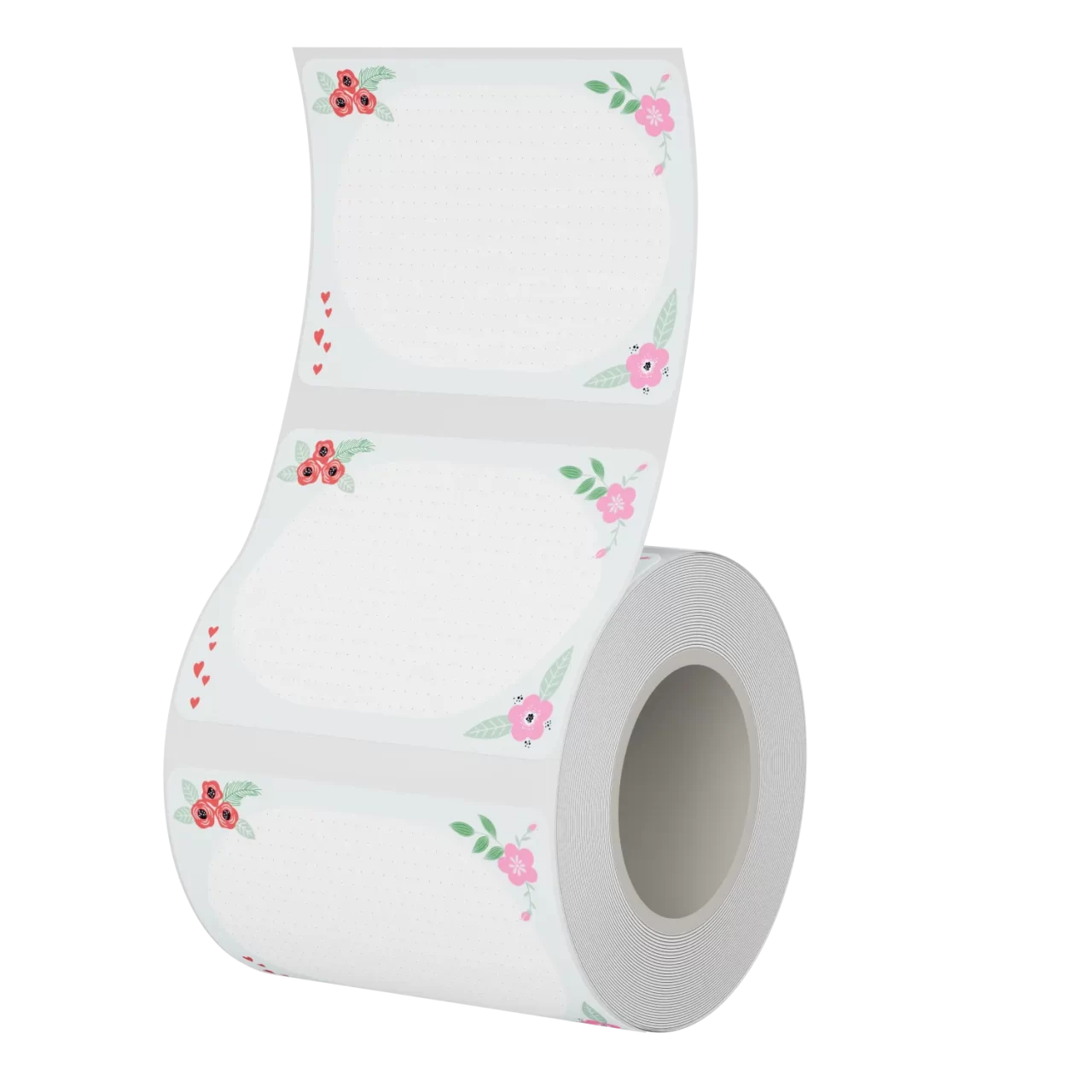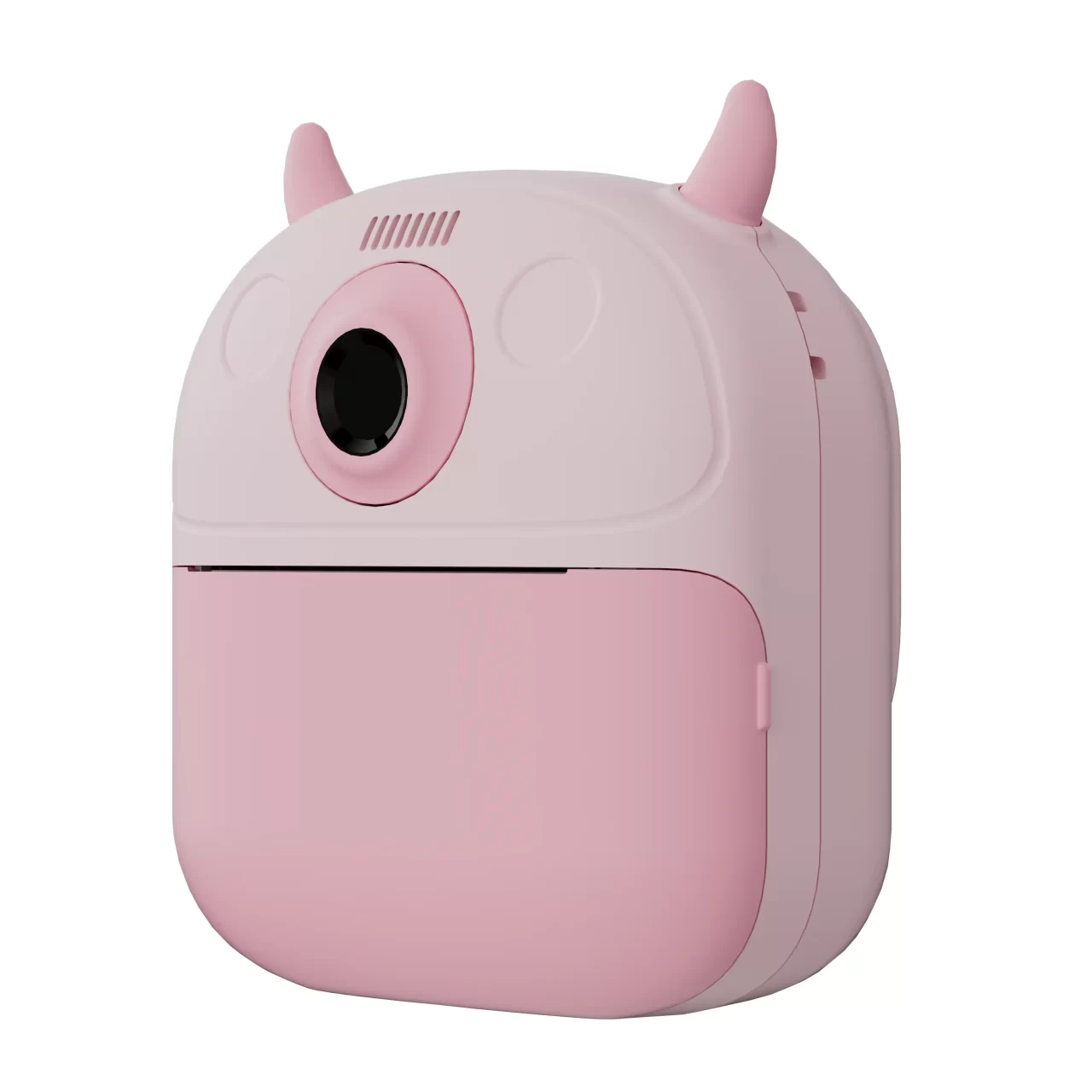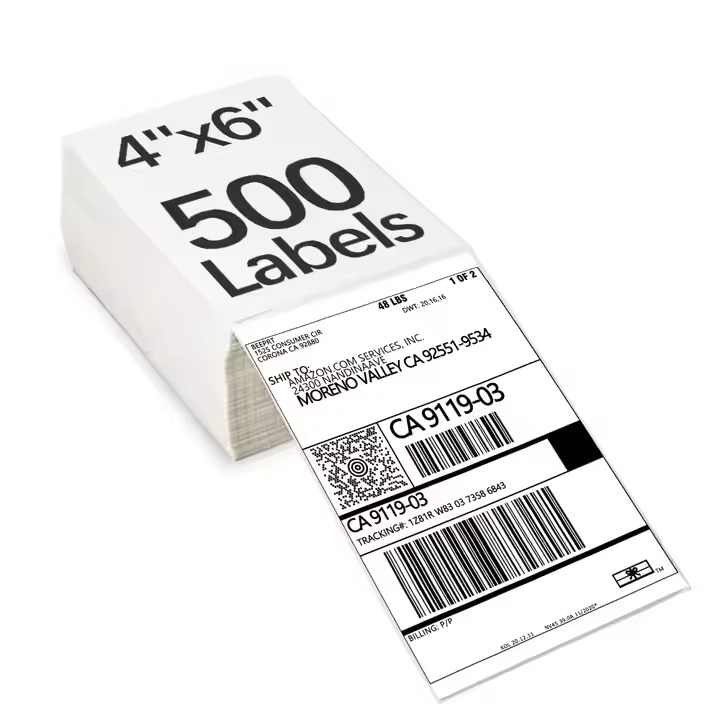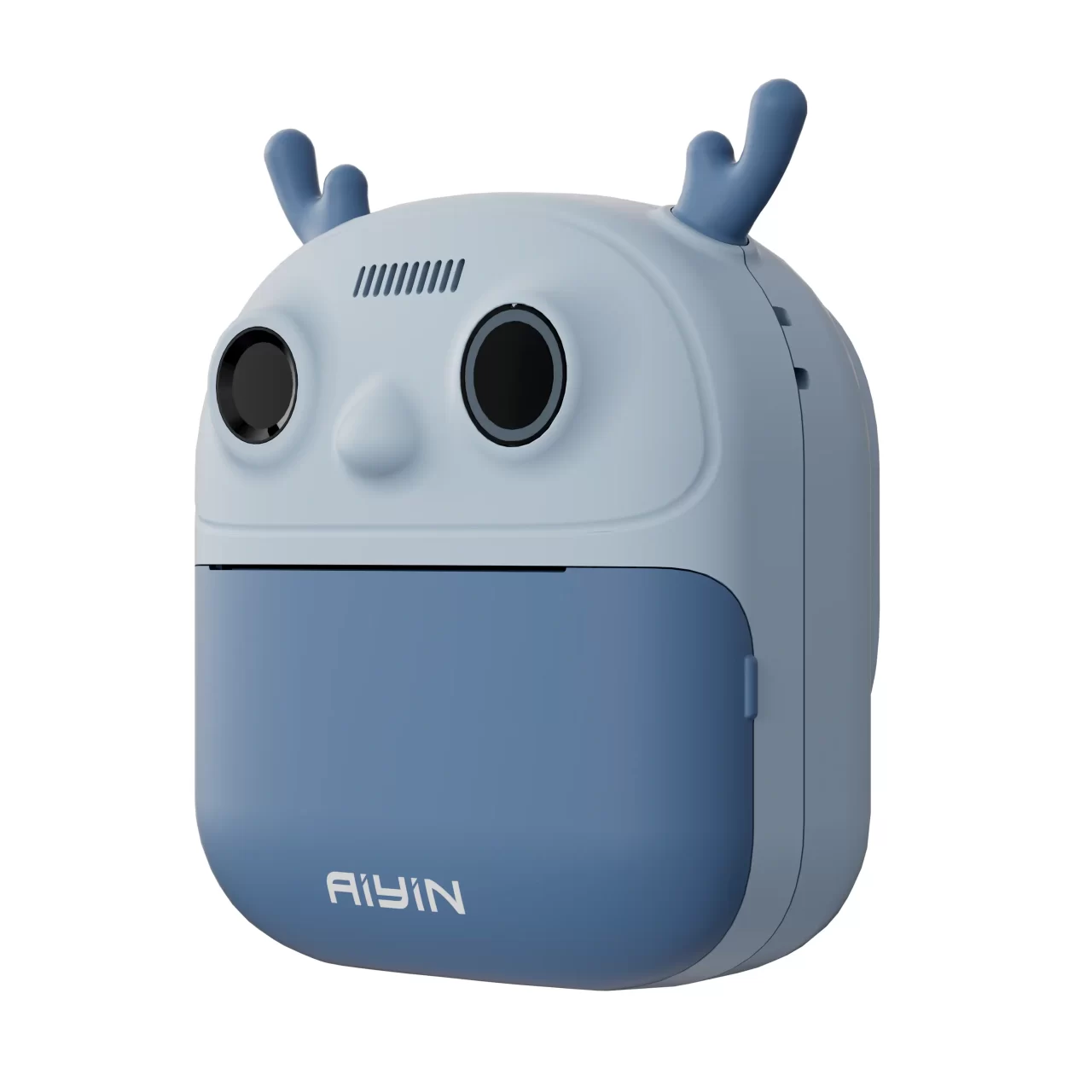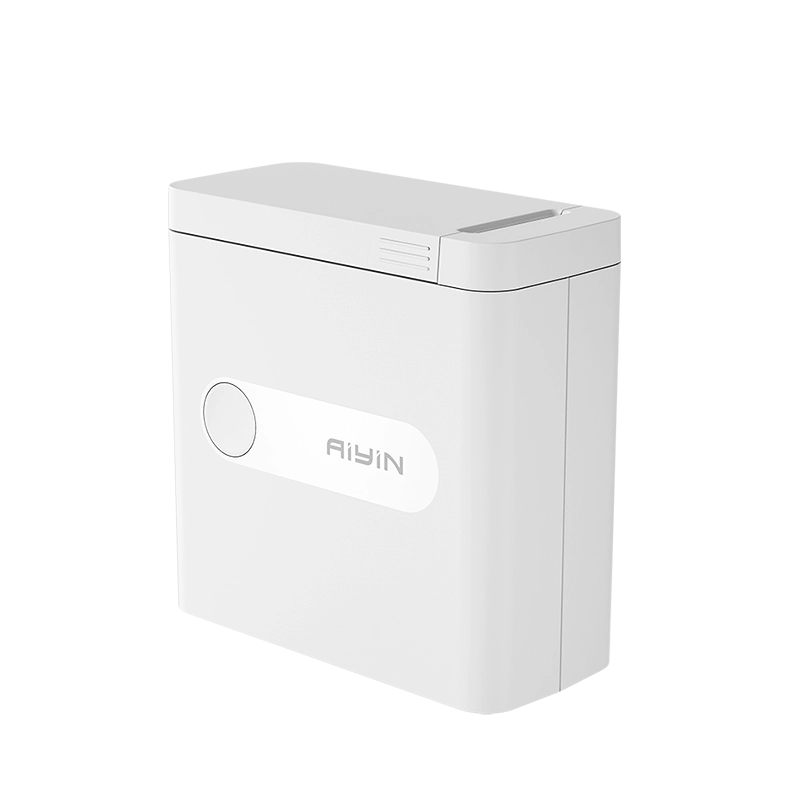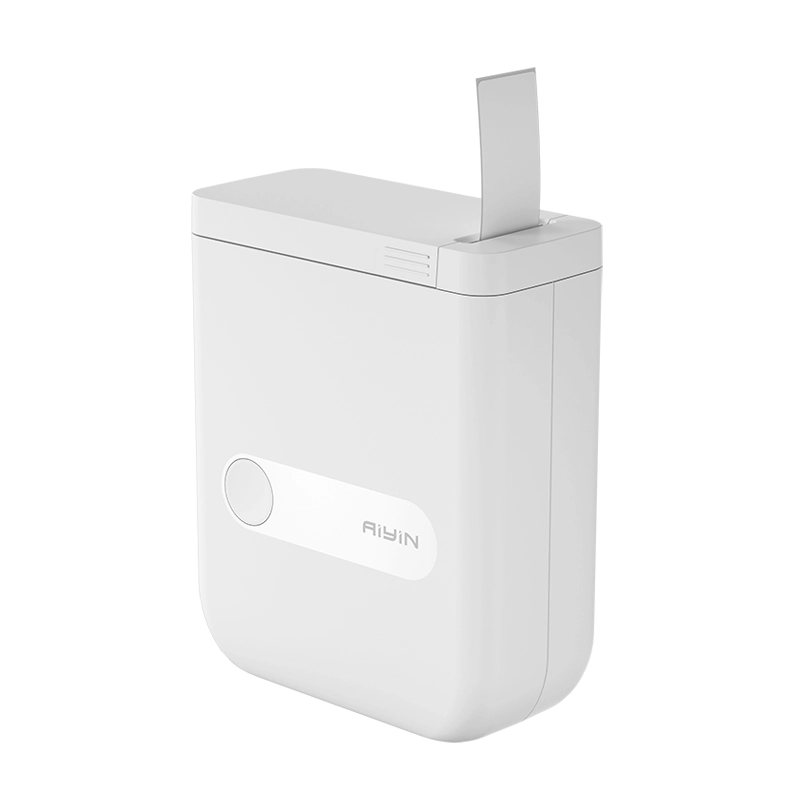Thermal printing is everywhere — from receipts and shipping labels to event tickets and medical wristbands. However, its biggest drawback is that the prints tend to fade easily.
As a professional thermal printer manufacturer, we’re well-versed in thermal printing. In this blog, I’ll uncover the top five reasons why thermal printers fade.
How It Works and Why It Fades
There are two main types of thermal printing, and their risk of fading varies greatly.
Direct Thermal Printing:
This is the “classic” thermal print you see on grocery receipts. It uses heat-sensitive paper coated with a chemical layer (usually leuco dyes and a developer). When heated by the printer’s thermal head, the coating reacts, turning black (or another color) to create text or images.
Thermal Transfer Printing:
Here, a ribbon(coated with wax, resin, or a hybrid) is heated and pressed onto the label/media. The ribbon transfers ink to the surface, creating the print. Unlike direct thermal, it doesn’t rely on the media’s coating—this is why it’s far more durable.
The key difference is that direct thermal prints are chemically reactive; thermal transfer prints are physically transferred. And that reactivity is the root of fading.
Why Thermal Prints Fade: The 5 Main Culprits
Fading isn’t random—it’s a chemical, or sometimes physical, reaction to the environment. Here’s what’s breaking down your prints:
Heat Sensitivity
Direct thermal paper’s coating is designed to react to heat—but that reactivity doesn’t stop when the print is done. Prolonged exposure to high temperatures, think as a delivery van in summer, a warehouse with poor ventilation, or even direct sunlight through a window, keeps the chemical reaction active. Over time, the coating either darkens or fades as the dyes break down.
UV Light
Sunlight and even strong indoor lighting emit UV rays, which are brutal on thermal coatings. UV radiation breaks down the molecular structure of the leuco dyes in direct thermal paper, causing the print to fade—sometimes in as little as a few weeks. We’ve seen receipts left on a sunny windowsill turn pale yellow in under a month.
Moisture & Humidity
Thermal coatings are sensitive to moisture. High humidity causes the coating to swell or dissolve. This leads to blurring, smudging, or outright ink loss. Ever pulled a receipt from a wet pocket and watched the text run? That’s humidity at work.
Chemicals
Alcohol, oils, cleaning agents, and even plasticizers can dissolve or discolor thermal coatings. For example, storing receipts in a plastic bag treated with a softener? The chemicals in the bag react with the coating, causing rapid fading. Restaurants that use alcohol-based sanitizers near their receipt printers? We’ve seen those prints vanish in days.
Friction & Physical Damage
Thermal coatings are thin and delicate. Scratching (from rough handling), folding (like crumpling a receipt), or constant rubbing wears away the coating. Once the coating is gone, the print fades—or disappears entirely.
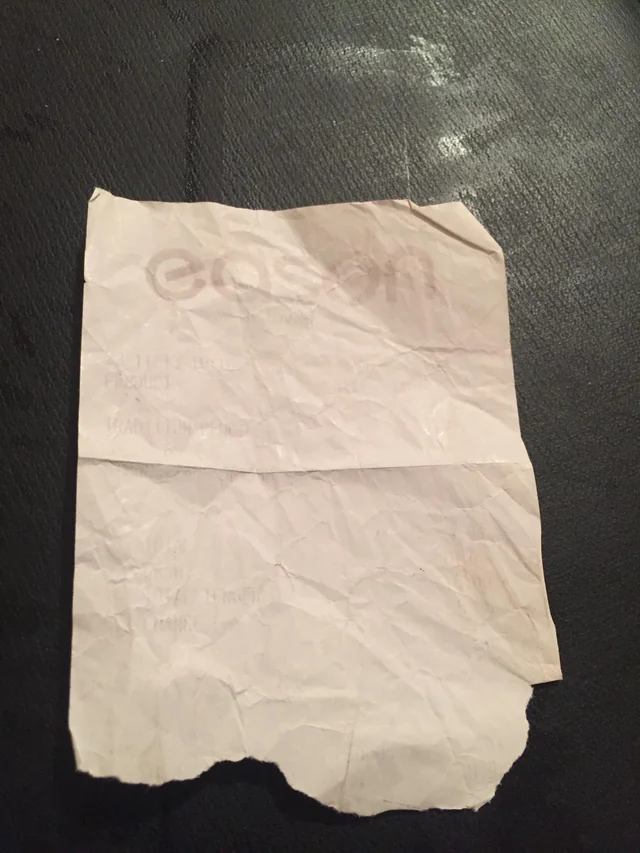
How Long Does Thermal Print Actually Last?
It depends—on the printing method, media quality, and storage conditions.
Direct Thermal: 6 months to 1 year in “normal” conditions like cool, dry, low light. In harsh environments such as high heat/humidity, direct sunlight, it can fade in weeks.
Thermal Transfer: 3–10+ years. Because the ink is physically transferred to the media, it’s far more resistant to heat, UV, and moisture. Premium thermal transfer labels can even withstand industrial conditions.
How to Stop the Fade
Fading isn’t inevitable—if you know how to protect your prints. Here is our years of manufacturing thermal solutions:
Store Smart:
- Keep prints away from direct sunlight (use UV-blocking sleeves or store in dark cabinets).
- Avoid high-temperature environments (warehouses with AC > garages in summer).
- Store in low-humidity areas (use silica gel packs if needed).
Shield with Protective Coatings:
For critical labels, for instance, shipping manifests, medical records, apply a clear UV-resistant laminate or protective film. These coatings act as a barrier against heat, light, and chemicals—extending print life by two or three times than that of those without coatings.
Choose the Right Printing Method:
- Short-term needs(event tickets or daily receipts): Direct thermal is fine—just accept it’s temporary.
- Long-term needs (inventory labels, asset tracking, legal documents): Invest in thermal transfer printing. The upfront cost is higher, but the longevity pays off.
Use High-Quality Media
Not all thermal paper is one-size-fits-all. Look for:
- Certified durability: Ask suppliers for media tested against ISO standards (e.g., ISO 1831 for thermal paper).
- UV-resistant coatings: For direct thermal, this slows dye breakdown.
- Thermal transfer ribbons: Opt for resin-based ribbons (more durable than wax) for labels exposed to friction or chemicals.
Conclusion
Thermal print fading isn’t a flaw in the technology—it’s a result of its chemistry and environment. But with the right knowledge and the right materials, you can keep your prints sharp, legible, and reliable for as long as you need them once you apply our suggestions for using thermal printers.
About Aiyin
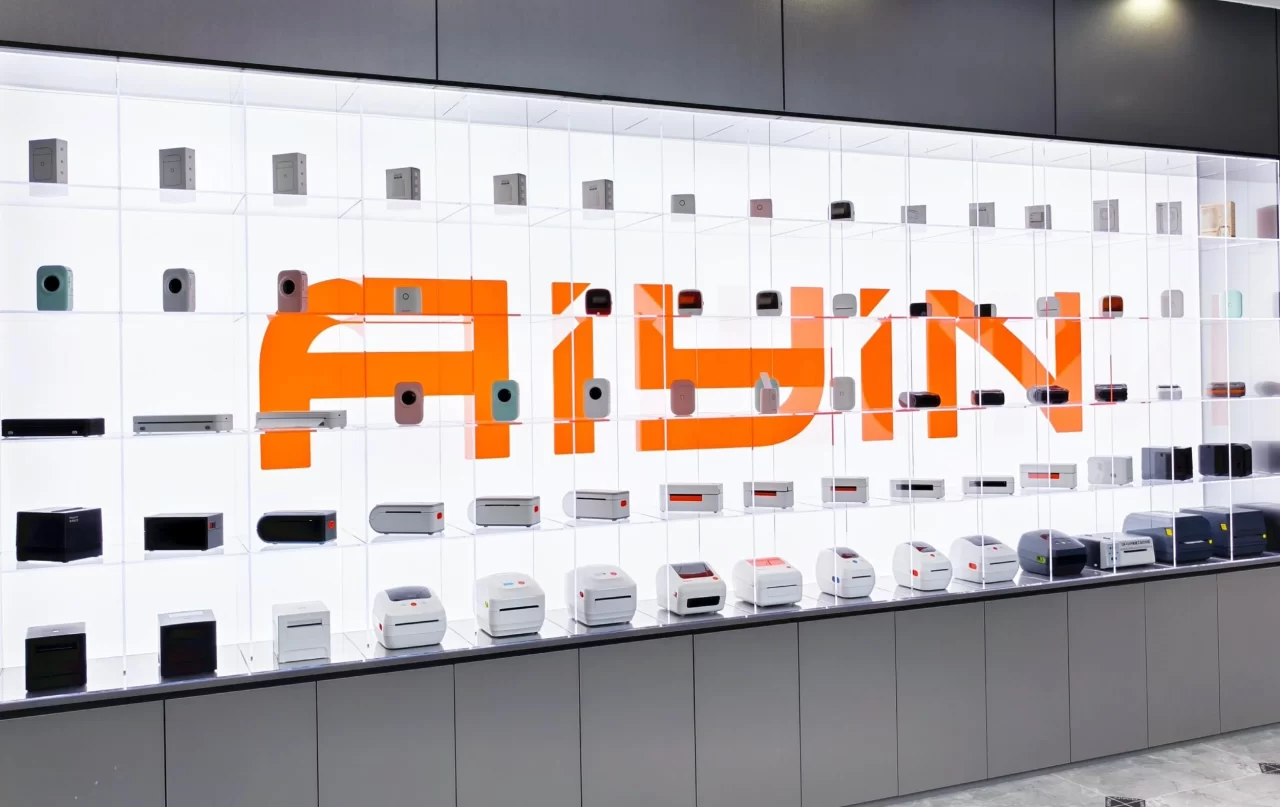
It is patience and carefulness that help you to keep your print lasting longer. But, Aiyin, our mission is to help you with your problem in business which related to thermal printers. As a leading thermal printer manufacturer, we’ve helped businesses from retail to logistics solve their fading challenges.
The key is to not just settle for“good enough.”Choose thermal transfer for long-term needs, protect prints from heat/light/moisture, and invest in high-quality media.
For special thermal printers or thermal transfer printer custom solutions, contact us now! Our expert factories are offering OEM/ODM thermal printer and thermal transfer printer services.



